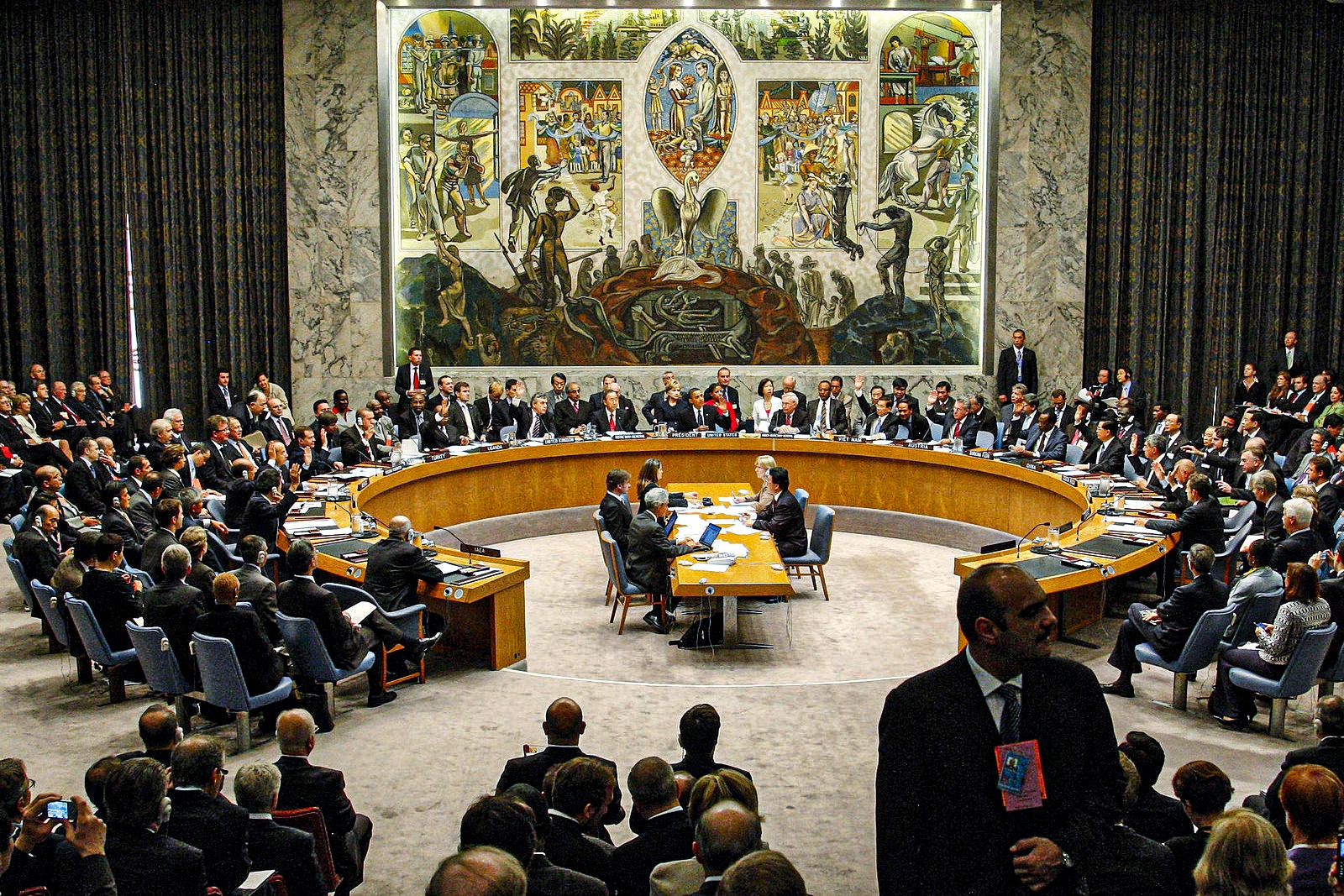
UN Credibility at Risk After Election of New Council Members
The UN’s Security Council is feeling the heat.
It is an inescapable reality that the atrocities being committed in Ukraine show no sign of subsiding and the conflict’s pendulum appears to have swung in Russia’s favour. Sanctions and weapon provisions have been effective in hindering Russia’s advances but there is an onus on Western democracies to maintain pressure on Putin.
The fact that Russia and China sit alongside the U.S., UK, and France on the Security Council as its five permanent members presents an immediate challenge to a group that has a history of underperformance and impotence. If you listen to Paul Kennedy, a British historian at Yale, the “glaring failures not only accompanied the UN’s many achievements, they overshadowed them” during the first sixty years of the Council’s existence.
In desperate need of closing ranks and strengthening ties against hostile superpowers, the United Nations elected five new non-permanent members to its Security Council last week: Ecuador, Japan, Mozambique, Switzerland, and Malta. Given the political neutrality of Switzerland and Malta, the Security Council’s reputation for failing to exude strength when it matters is likely to only grow stronger.
Malta, in particular, presents a significant and as yet overlooked issue. Malta’s political neutrality and deep ties to both Russia and China will be a headache for the West who require an all-hands-on-deck approach to halt Russian advances. The small island state’s ascension is perhaps the perfect representation of the UN’s toothlessness.
Malta is a nation famed for its ‘Citizenship by Investment’ schemes, more commonly known as ‘Golden Passports.’ For the best part of a decade, these passports have been purchased by prominent wealthy Russians, some with close ties to Vladimir Putin. Mark Kurtser, a Russian physician, who is known to have been part of Putin’s inner circle in the past, has been a Maltese passport holder since 2020. Andrey Mikhaylovich Turba, the General Director of Transneft, also holds a Maltese golden ticket. Transneft is Russia’s largest oil transporter.
The entrance of Malta into the UN is yet another damning indictment of the organisation’s credibility. The relationship between the Maltese ruling elite and wealthy Russians with ties to Putin completely undermines the nation’s place on the Security Council.
The golden passport schemes have been a policy aggressively pursued by Malta’s political elite for seemingly personal gain. Robert Abela, Malta’s prime minister, was revealed to have lent one of his properties to prospective Russian passport applicants and his wife has also been personally involved in the issuance of them.
The European Union’s recent attempts to abolish Malta’s passport schemes have been met with hostility and the ensuing fallout has prompted legal action from EU representatives. There has been a similar reaction to the EU’s attempts to curtail the transportation of Russian oil in the Mediterranean, with Malta being one of three nations to lobby against a proposed ban, alongside Greece and Cyprus. Maltese flagged vessels ramped up their transportation of Russian oil following the Ukraine invasion, laying bare the country’s motivation for opposing any ban.
Even an intervention from Volodymyr Zelensky, Ukraine’s president, during a recent address to the Maltese parliament, urging the country to stop allowing itself to be abused by Russia through the golden passport schemes, has not been enough to change the minds of Malta’s politicians.
Malta will be a member of the UN Security Council for the next two years. So, while the Ukraine conflict and tensions with Russia may be the current zeitgeist of geopolitical discourse, it is perfectly feasible that we could see relations between the West and China flare-up should Xi Jinping begin to flex his military muscles.
As with Russia, Malta has a worryingly close relationship with China. The country became the first European nation to sign up for the Belt and Road Initiative, promising an injection of Chinese infrastructure investment. The two nations celebrated fifty years of diplomatic relations at the start of this year with a shared statement of future collaboration.
Ultimately, Malta’s elevation to the UN Security Council gives a disproportionate amount of power to a nation in bed with Europe’s most hostile neighbour. The UN’s structure, with veto powers given to Russia and China, prevents any action from being taken to address the patent human rights abuses being committed under the UN’s nose. Malta’s presence on the Security Council imbalances the scales at a critical time for maintaining a united Western front.

